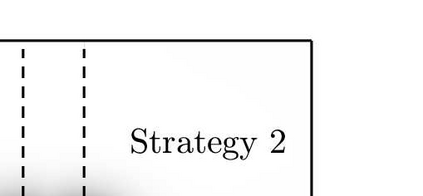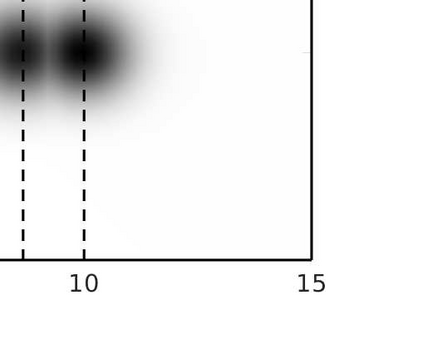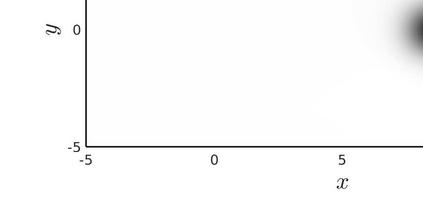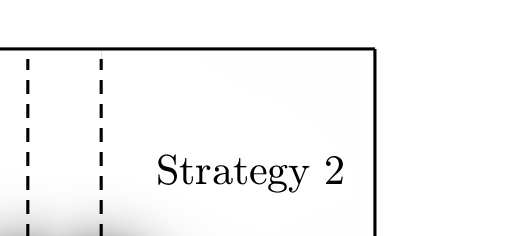Conservation properties of iterative methods applied to implicit finite volume discretizations of nonlinear conservation laws are analyzed. It is shown that any consistent multistep or Runge-Kutta method is globally conservative. Further, it is shown that Newton's method, Krylov subspace methods and pseudo-time iterations are globally conservative while the Jacobi and Gauss-Seidel methods are not in general. If pseudo-time iterations using an explicit Runge-Kutta method are applied to a locally conservative discretization, then the resulting scheme is also locally conservative. However, the corresponding numerical flux can be inconsistent with the conservation law. We prove an extension of the Lax-Wendroff theorem, which reveals that numerical solutions based on these methods converge to weak solutions of a modified conservation law where the flux function is multiplied by a particular constant. This constant depends on the choice of Runge-Kutta method but is independent of both the conservation law and the discretization. Consistency is maintained by ensuring that this constant equals unity and a strategy for achieving this is presented. Experiments show that this strategy improves the convergence rate of the pseudo-time iterations.
翻译:对非线性养护法的隐性量分解应用迭代方法的保存特性进行了分析,显示任何一致的多步或龙格-库塔方法都是全球保守的。此外,还显示牛顿方法、 Krylov 子空间方法和假时间迭代是全球保守的,而雅各比和高斯-赛德尔方法不是一般的。如果使用明确的龙格-库塔方法的假时间迭代适用于当地保守的分解,则由此产生的办法也是当地保守的。然而,相应的数字通量可能与保护法不一致。我们证明,基于这些方法的数字解决方案与经修改的保全法的薄弱解决方案相交汇,而通性函数乘以一个特定的常数。这个常数取决于Runge-库塔方法的选择,但与保存法和离散法无关。通过确保这一常数的一致性和实现这一战略得以维持。实验显示,以这些方法为基础的数字解决方案会提高假时的趋同率。








